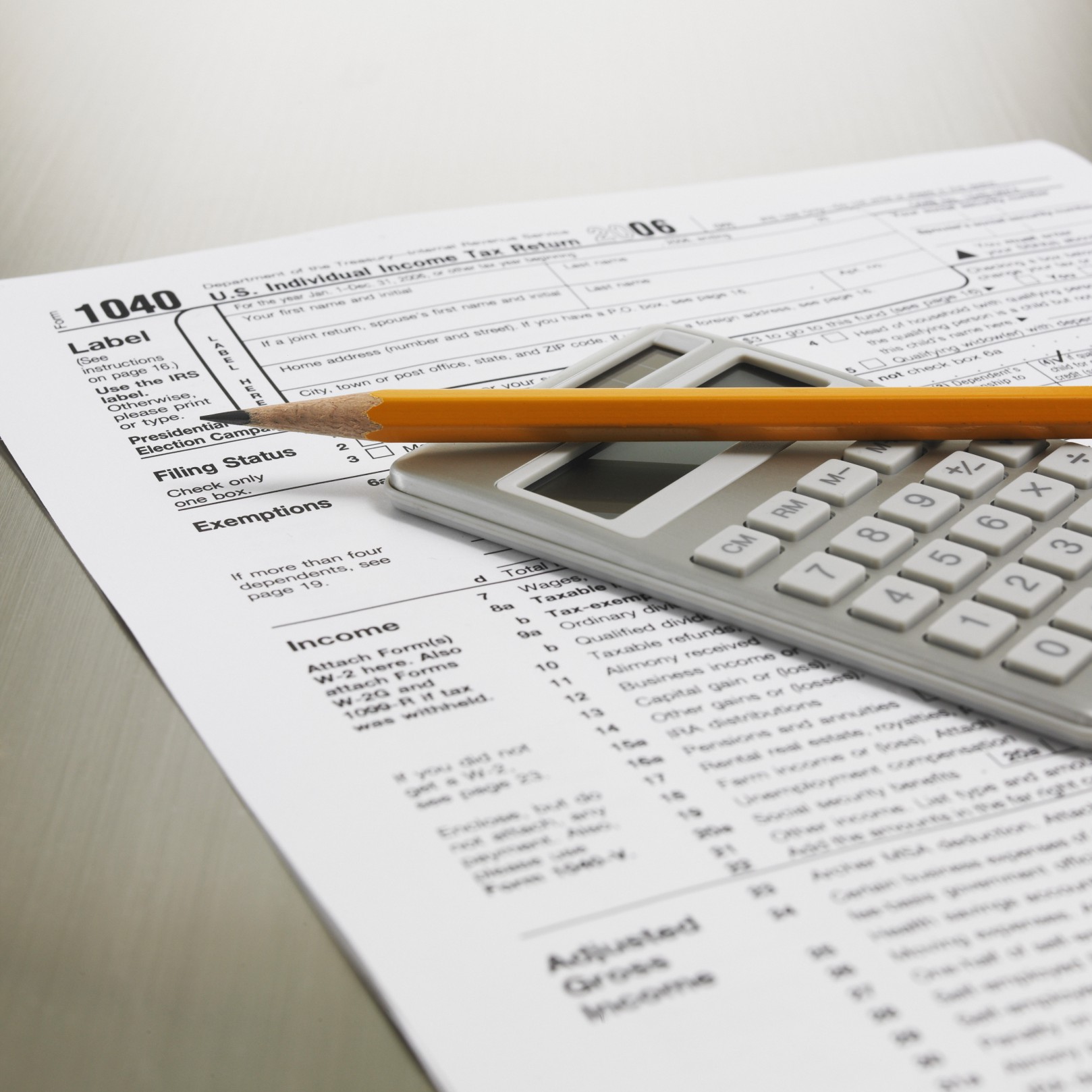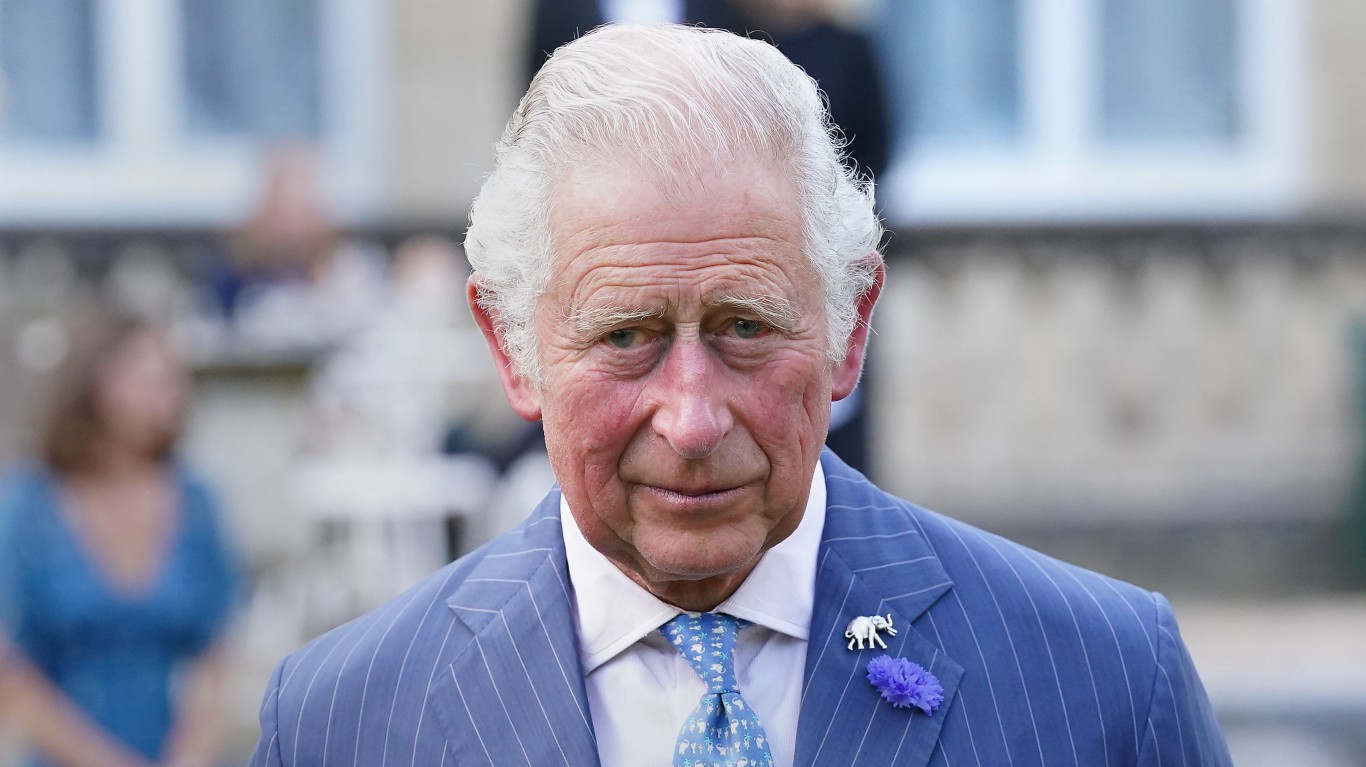
Chances are that most of us have received a phone call from someone who claims to be affiliated in some vague way with the U.S. Internal Revenue Service (IRS) and who wants us to pay some amount of money to clear up a past issue. Chances also are that the call is a phony.
According to an IRS report published last March, in the middle of the 2015 tax filing season, the agency had received nearly 900,000 calls from taxpayers since October 2013 to report the scam contacts. The IRS was at the time aware of more than 5,500 victims who had paid over $29 million to the scam artists.
Over at NerdWallet, Tina Orem reports that to complicate matters even more the IRS has recently hired four debt-collection services to chase “mostly old, overdue accounts or accounts it doesn’t have the manpower to pursue.”
So, how will you know if the call you’ve just received is from one of the four legitimate collection firms or from one of the scams? The names of the legit agencies are ConServe, based in Fairport, New York; Pioneer, based in Horseheads, New York; Performant, based in Livermore, California; and CBE Group, based in Cedar Falls, Iowa.
Here are NerdWallet’s seven ways to tell if the tax collection call is a fake:
- You didn’t get a letter first.
Under the new program, the IRS will first mail you a written notice that it’s turning your account over to a private collection agency. Then, one of the four collection agencies will send you a letter confirming the transfer. That agency is the only one that should be calling.- The caller asks you to pay the collection agency.
The contracted agencies aren’t allowed to accept payment on the IRS’ behalf. They also aren’t allowed to ask for payment on a prepaid debit card. Instead, they should send you to IRS.gov if you want to see your electronic payment options; checks should always be made payable to the U.S. Treasury and sent directly to the IRS, not the collection agency.- You already have a repayment plan in place with the IRS.
The IRS won’t assign your account to a private collection agency if you’ve already got an installment agreement going. Likewise, if you have or are negotiating an offer in compromise with the IRS, legitimate debt collectors shouldn’t be calling you.- The caller doesn’t know or care that you’re in a disaster area or deployed.
The IRS won’t turn over accounts involving taxpayers who are deployed in combat zones or who are in presidentially declared disaster areas and are requesting relief from collection. If that describes you, and one of the IRS’ contracted collection agencies gets your case by mistake, it’s supposed to return it to the IRS. (That doesn’t mean you’re off the hook; it means the IRS will pursue payment itself.)- The caller wants payment from someone who is deceased or under 18.
People who have died or are minors may have outstanding tax liabilities, but their accounts won’t be going to private collection agencies, according to the IRS.- The caller doesn’t know or care that you’re already grappling with the IRS over a specific issue.
The IRS’ private collection agencies have to keep their hands off cases involving tax-related identity theft, litigation, examinations, criminal investigations, levies, appeals or innocent spouse classifications — for those going through a divorce or other problems in their marriage.- The caller is a huge jerk.
The private collection agencies have to abide by the Fair Debt Collection Practices Act, which means they can’t swear at you, threaten you with violence or harm, call in the middle of the night or lie about what you owe, among other things. Though the IRS is using the law to ensure contracted debt collectors respect taxpayers, another agency — the Consumer Financial Protection Bureau — might say good luck with that. It gets more complaints about debt-collection companies than any other financial product or service.
Want to Retire Early? Start Here (Sponsor)
Want retirement to come a few years earlier than you’d planned? Or are you ready to retire now, but want an extra set of eyes on your finances?
Now you can speak with up to 3 financial experts in your area for FREE. By simply clicking here you can begin to match with financial professionals who can help you build your plan to retire early. And the best part? The first conversation with them is free.
Click here to match with up to 3 financial pros who would be excited to help you make financial decisions.
Thank you for reading! Have some feedback for us?
Contact the 24/7 Wall St. editorial team.



